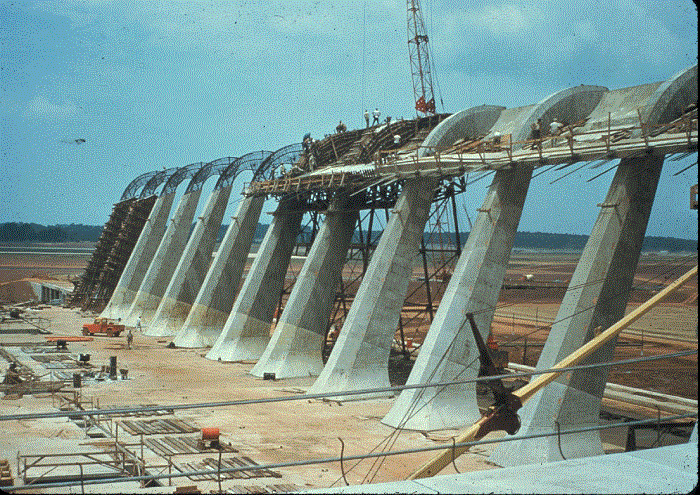For the last few years Africa infrastructure has benefitted from some significant improvements and many countries are looking towards investing in the fast growing continent.
Africa’s diversity in growth patterns matches directly with the diversity of the continent’s countries. Countries that are oil exporters, such as Nigeria and Angola are directly being affected negatively by the weaker global prices of the commodity though the continued expansion of non-oil sectors, particularly services such Nigeria and South Africa and Kenya is expected to lift its growth in 2016 and beyond.
Africa has countries that are expected to be leaders in growth like in Kenya and Ghana that are being propelled by higher public investment and the recovery of tourism.
Countries like Ghana and Kenya they have interest rates and inflation that are expected to weigh on consumer and investor sentiment slowing economic activity while South Africa is expected to register slow but steady growth which is being helped by the gradual increase in net exports, and reforms to alleviate bottlenecks in the energy sector.
Here is some of the top Africa infrastructure developments showing growth:
1. Airports
EVEN though Africa has about 15% of the world’s human population, its air traffic handles about 5% of air passengers which is a steady growth from 2.5% in previous years.
In fact majority of airports in the continent are undergoing expansion in a bid to cater for rapidly growing passenger and cargo traffic volumes. Booming tourism and renewed interest in investing in Africa by foreign companies has left many countries struggling to boost the capacity of their airports.
In between 2011 and 2012 business activities at African airports rose from 45% to 80% and this trajectory has largely been attributed to the growth of the continents GDP of 6.1% contrary to the global estimation of 5.8%.
For instance Khartoum is one place where a new airport has been planned after a $700 million contract was signed in 2013 and another great Airport project in Togo and Djibouti. The president of Djibouti, Ismail Omar Guelleh, announced in January that the $599 million Ali-Sabieh International airport project will be completed by 2018. It is being constructed to accommodate 1.5 million passengers annually and will service 100,000 tons of cargo
2. Roads
AFRICA is embarking on a road-building extravaganza and most of the ongoing projects being funded by China and also being carried by Chinese contractors.
Most African governments have been setting aside huge budgets for road expansion and also to increase the density of their road networks and carry out institutional reforms.
According to African Development Bank this tremendous progress has been made alive by the movement by African Countries establishing institutions to manage and maintain roads and also construction world class roads.
According to a report for the World Bank report in 2014 the average road density on the continent is 204 kilometres of road per 1000 square kilometres of land area – only a quarter of which is paved. In contrast, the world average is 944 kilometres per 1000 square kilometres with more than half paved. This is partly due to Africa’s vast area, but its roads look sparse even when viewed by population
3. Railways
Africans believed Railways was made for the colonizers, following the continents economic liberalization and major expansion in the region’s road network, most of the continent’s railways lost their economic edge except the ones in Southern Africa.
But due to their steady economic growth and trade increase between the countries in the continent the railway sector has currently become an area of focus and African countries have pumped more resources in recovering the industry.
This saw a construction of standard gauge railway kick of in East Africa that will run from Mombasa to Nairobi and will extend eventually to Uganda, Rwanda, Burundi and South Sudan.
In Kenya, the line is to replace a narrow-gauge track built more than 100 years ago during British colonial rule.
China is to finance 90% of the first stage, put at $3.8bn (£2.3bn), with work carried out by a Chinese firm.
Also there is a great railway project that was launched few months ago in West Africa that will network to connect Benin, Burkina Faso, Niger, Ivory Coast, Ghana, Nigeria, and Togo

Leave a Reply